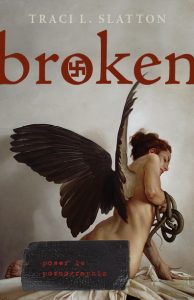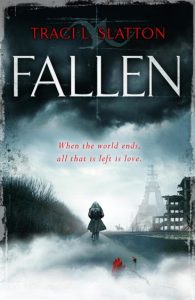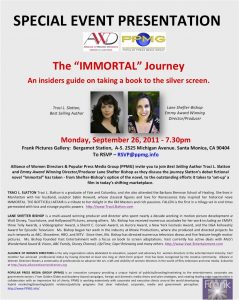From the HuffPo: Three Plot Structures Every Storyteller Can Use
Here is my latest Huffington Post article: Three Plot Structures Every Storyteller Can Use
I have a theory that novelists are fugitives from simple existence. We metabolize, mediate, and render life rather than simply experiencing it. We live through an incident and wonder, with tears glossing our eyes or bliss pinking our cheeks or ennui prompting a yawn, “How can I use this in a story?” A novelist’s mindfulness consists of pouncing on a moment as a resource for a character, or as a turn in the road on the journey of story, or as an illustration for a thesis.
Henry James wrote, “The novelist is a particular window, absolutely — and of worth in so far as he is one; and it’s because you open so well and are hung so close over the street that I could hang out of it all day long.” (James, Henry, and James E. Miller. Theory of Fiction: Henry James. Lincoln: U of Nebraska, 1972. Print. Pp. 65-66.) Opening for others to peer through and take delight in an unfolding scene is a practice and a process; it takes time and commitment. It’s not enough to over-analyze your own interiors.
What I’m really talking about, with James’ metaphor, is the skill required to craft a novel that engages and delights readers. I think it requires persistence to the point of obsession. Fortunately, along the way there are tools that help us learn.
One of those tools is plot structure. Plenty of authors take a dim view of plot and subordinate it to story (See Stephen King’s On Writing: A Memoir of the Craft). I appreciate their point. For myself, I’ve defined ‘story’ as ‘how your protagonist does not get what he or she wants’ and that reigns supreme in my consciousness while I write. However, plot structures are handy aides in the pursuit of thwarting, frustrating, and torturing your protagonist, like training wheels for learning to ride a bike. You won’t keep them on forever, but they’ll give you some support as you go.
Here are three useful plot structures for every storyteller to have in her toolbox. Remember, these structures are really scaffolds. It’s the minutiae of adventure and dialogue and characterization that matter — otherwise reading the Cliff Notes would be just as much fun as the actual novel—which must never be the case.
READ THE ENTIRE ARTICLE HERE.












